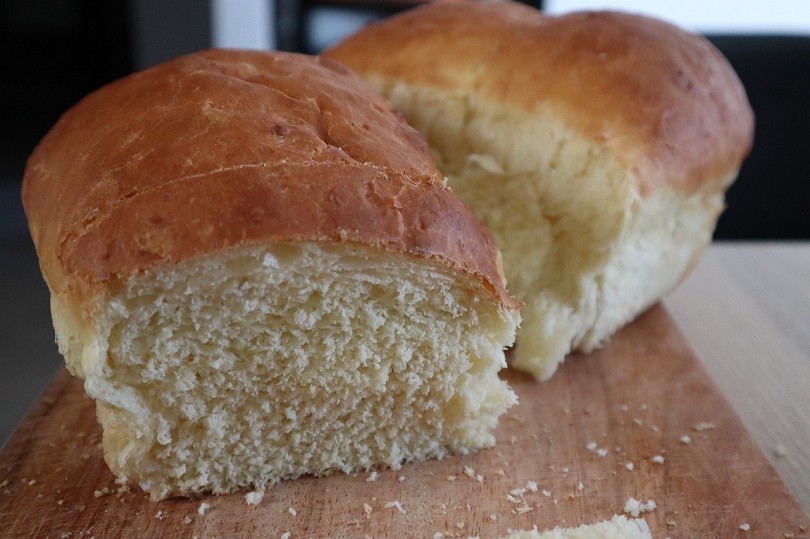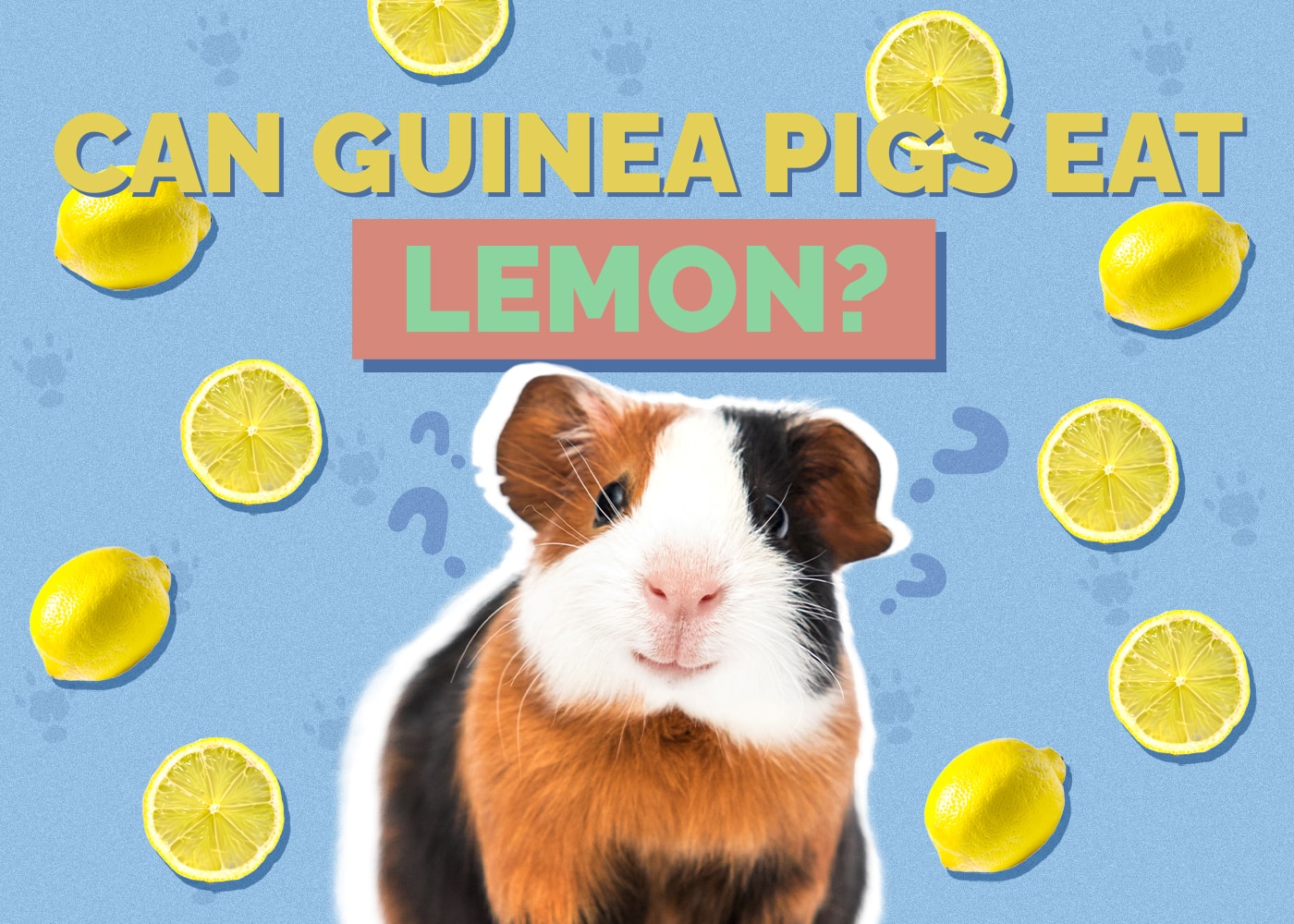Can Guinea Pigs Eat Bread? Vet-Reviewed Nutrition Facts
Updated on

Guinea Pigs are among the most popular small exotic pets. Although they’re generally easy to care for, Guinea Pigs can still become sick or unhealthy if they don’t eat the right foods. For example, guinea pigs should never eat bread, even if they think it tastes better than revenge!
Keep reading to learn why bread is unsuitable for Guinea Pigs and how to provide a healthy diet for them. We’ll also examine other dangerous or unhealthy foods for Guinea Pigs.
The Trouble with Bread
Unlike the food we’ll mention later, bread isn’t toxic for Guinea Pigs but is certainly unhealthy for them. Bread and other processed foods like pasta and cereal are high in starch and sugar. Guinea pigs should eat limited amounts of sugar, including fruit, to prevent obesity. So if they gobbled a crumb or two of some bread they found on the floor just keep an eye for signs of an upset tummy. Contact your veterinarian if you have any concerns.
High-starch foods can also upset the Guinea Pig’s stomach because they may be hard to digest. Bread is not a natural or nutritionally accurate food for Guinea Pigs. So, what should a Guinea Pig be eating instead?

Guinea Pig Diet: The Basics
Guinea pigs are herbivores and should only eat plant-based foods, never animal proteins. They process food so quickly that they must eat almost constantly to maintain energy levels. Another important note about Guinea Pigs is that, like humans, they can’t make Vitamin C.
About 85% of the Guinea Pig’s daily diet should be hay, specifically grass hays like Timothy or orchard. Constant access to hay will keep your Guinea Pig’s teeth worn down and their digestion functioning smoothly.
Guinea pigs should eat about ½-1 cup of chopped, mixed vegetables daily. Try to include two to three different veggies, including some that are high in Vitamin C. To provide more variety and nutrition, rotate the types of vegetables you offer. The following vegetables are possible options:
- Carrots/carrot tops
- Cilantro
- Romaine lettuce
- Bell Peppers
- Dandelion greens
Guinea pigs should be fed around 1 tablespoon of Vitamin C-fortified guinea pig pellets daily. Avoid diets that contain nuts, seeds, and dried fruit. Your vet can help you choose a healthy option.
Finally, Guinea Pigs can be offered fruit occasionally as treats. Look for fruit that is high in Vitamin C. Good options include:
- Strawberries
- Cantaloupe
- Pineapple
- Kiwi
You can also ask your veterinarian if your Guinea Pig should also receive a Vitamin C supplement.

Other Foods Guinea Pigs Should Avoid
In addition to bread and other processed items, Guinea Pigs should never be offered the following foods:
- Pellets made for other animals
- Meat
- Spoiled food
A few other foods should only be offered infrequently, including:
- Cabbage, broccoli, or collards (may cause gas)
- Kale, spinach, chard (may lead to bladder stones)
- Commercial treats (high in sugar)
 Conclusion
Conclusion
Bread is a high-starch, high-sugar food that Guinea Pigs shouldn’t eat. While not toxic, bread offers no nutritional value for Guinea Pigs, and eating it may lead to obesity and tummy trouble.
If you want to feed your Guinea Pig a treat, reach for healthier options like fruit, which are also high in sugar but contain beneficial nutrients such as Vitamin C.
Related Read:












